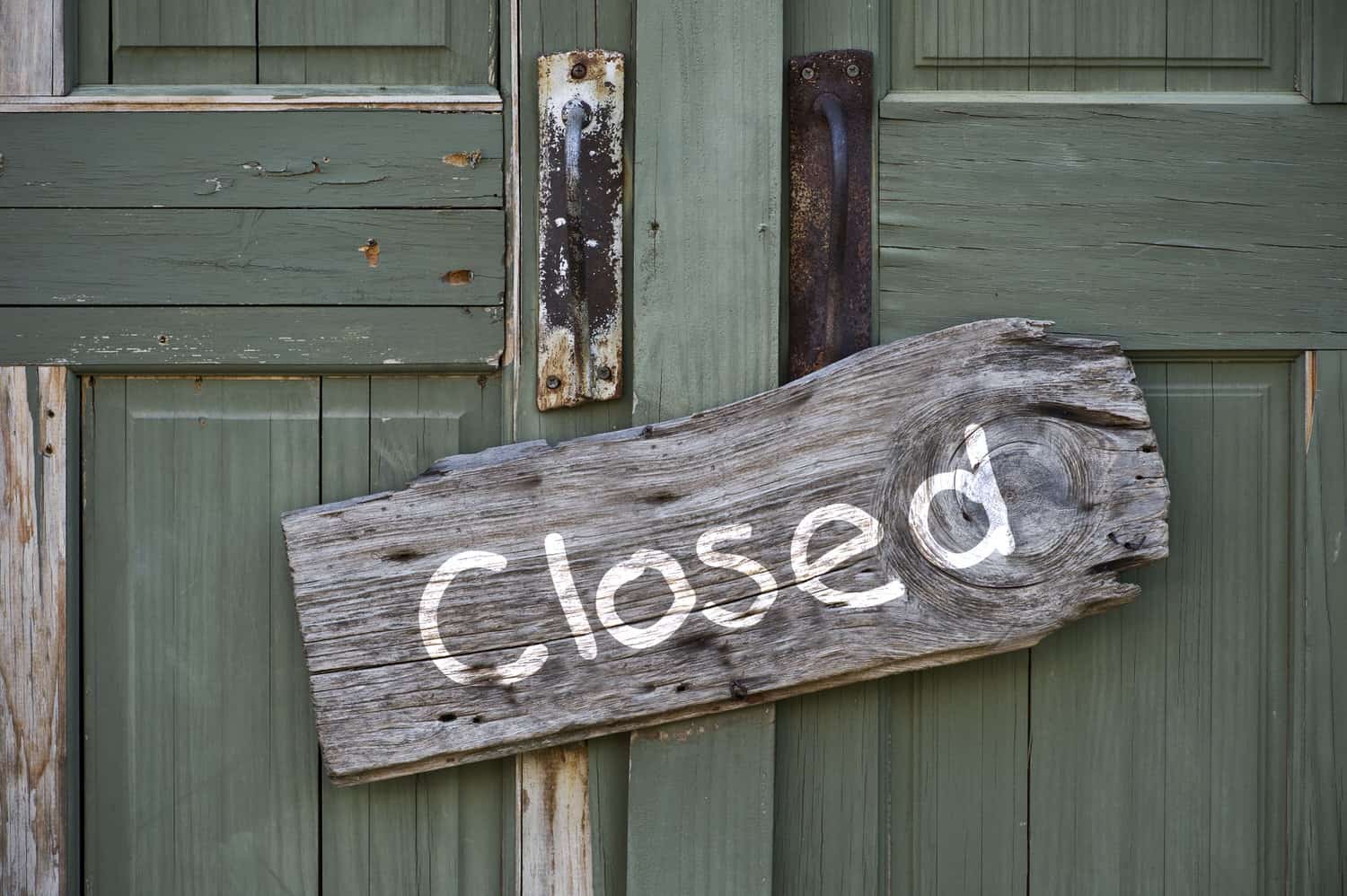When Church Plants Fail


When I began the process of church planting, my friend Paul Martin asked me a sobering question: “Do you think the plant might fail and are you personally prepared for that?” It’s a question that no church planter wants to face, but one that every church planter must answer. I’ve heard Ed Stetzer say that a third of church plants thrive; a third survive; and a third fail. Church planting isn’t for the risk-averse.
In the few years that I’ve been a church planter, I understand the struggle. I’ve watched businesses close in the community where I’m planting. Within our church, I know what it’s like to ride the waves of encouragement and despair. I’ve checked the bank balance to know which cheques I can mail, and which ones need to wait.
I’ve also watched church plants fail.
What can we learn, and how can we respond?
A Time to Mourn
When a church plant fails, it’s time to mourn. I’m saddened for the planter and his family who took the risk of planting, and who are probably feeling tired and discouraged. I’m saddened for the core team, who spent hours praying, setting up chairs, making connections in the community, and other jobs as required. I’m saddened for the donors who invested thousands of dollars into the plant.
We don’t always take enough time to mourn. I appreciate what Todd Billings has written about learning to pray the psalms of lament:
Some of us are quick to offer prayers for an instant fix but less quick to join them with the psalmist in grieving lament before the Lord… Rather than being one-dimensional, our affections need to become agile and multidimensional through being reshaped by God through the Psalms. Let us grieve and protest and trust and praise together before the Lord. The Psalms give us a way to pray in many keys, major and minor, while directing us to the source of our true hope: the Lord and his promises.
This applies to more than failed church plants. Weep with those who weep (Romans 12:15). When a church plant fails, it’s important to take time to mourn.
A Time to Celebrate
In the middle of the mourning, it’s important to hold on to what God has done. No doubt lives were touched through the planting of that church. Every church plant I know has stories of God’s provision and faithfulness. Don’t forget those in the middle of the mourning.
It’s also important to celebrate the obedience of the planting team. They didn’t play it safe. Oswald Sanders said: “A great deal more failure is the result of an excess of caution than of bold experimentation with new ideas. The frontiers of the kingdom of God were never advanced by men and women of caution.” The gumption to plant a church is something to celebrate.
A Time to Evaluate
It’s also important to evaluate what factors contributed to the failure. The goal isn’t to lay blame; it’s to learn lessons that can help other plants in the future. Autopsies and inquests are never fun, but they’re often helpful in learning what happened, and in getting smarter about how we plant in the future.
At the same time, we need to remember that success is never guaranteed, even if we do everything right. Ed Catmull, president of Pixar, writes about “two-inch” events — small events that can make or break an endeavor:
I am also certain there were an infinite number of “two-inch” events aside from my own that went our way—events that I have no way of knowing about because they occurred in the lives of other people who were critical to forming Pixar … Acknowledging what you can’t see—getting comfortable with the fact that there are a large number of two-inch events occurring right now, out of our sight, that will affect us for better or worse, in myriad ways—helps promote flexibility.
Even the most successful church plant may have missed failure by only two inches in its history.
It’s important to evaluate what happened when church plants fail, while remembering that the difference between a plant that succeeds and one that fails may not be that great.
A Time to Start Again
God isn’t done with someone who’s planted a church that didn’t make it. Ed Stetzer writes:
A failed church plant isn’t necessarily a sign of a failed planter or even the sign of a pastor who needs to find another line of ministry. A new assessment is not always in order. But sensitivity to the Spirit of God and good mentoring is always in order. Consistent evaluation is a positive thing.
Whatever the next step is after a less than stellar venture, learn and apply those lessons. A teachable heart in a teachable moment is a recipe for great things.
Some of the most effective pastors and planters I know failed. Don’t think that God is done with you yet.
Church plants will fail. When they do, it’s important to mourn. But it’s also important to celebrate what God has done, to learn what we can, and to remember that God isn’t done with the planters.






